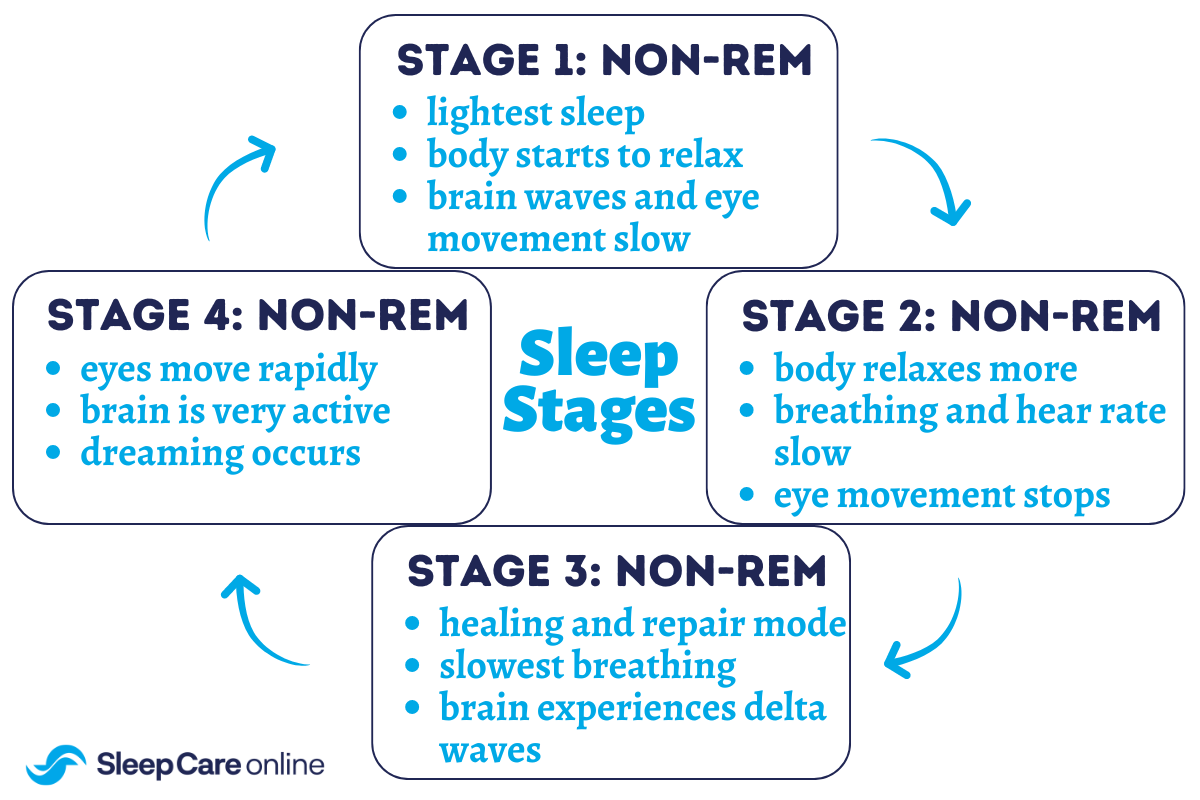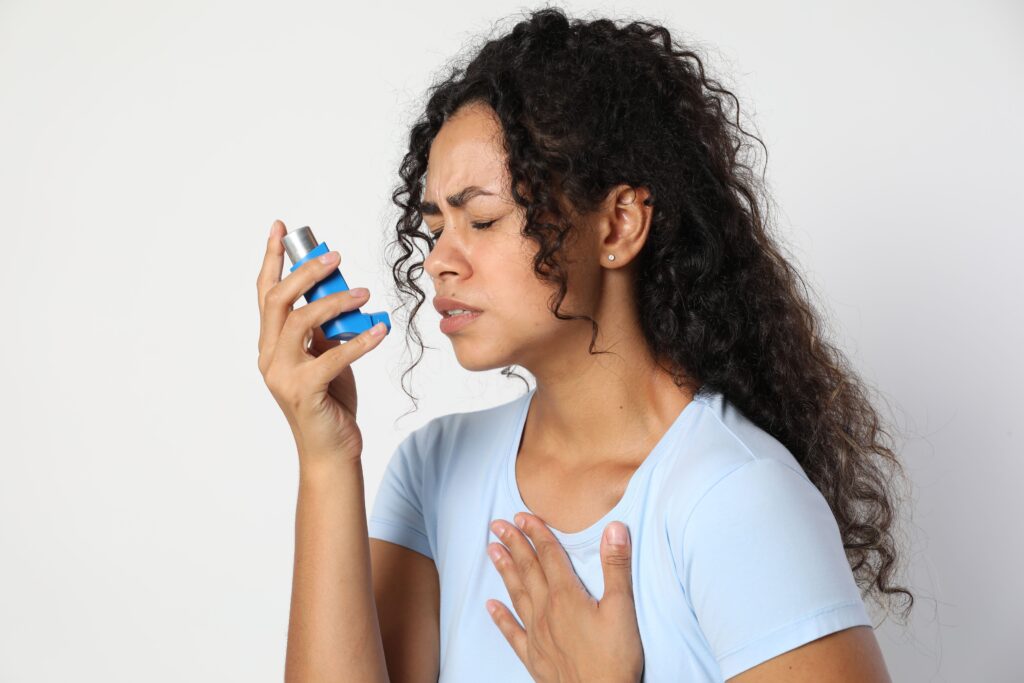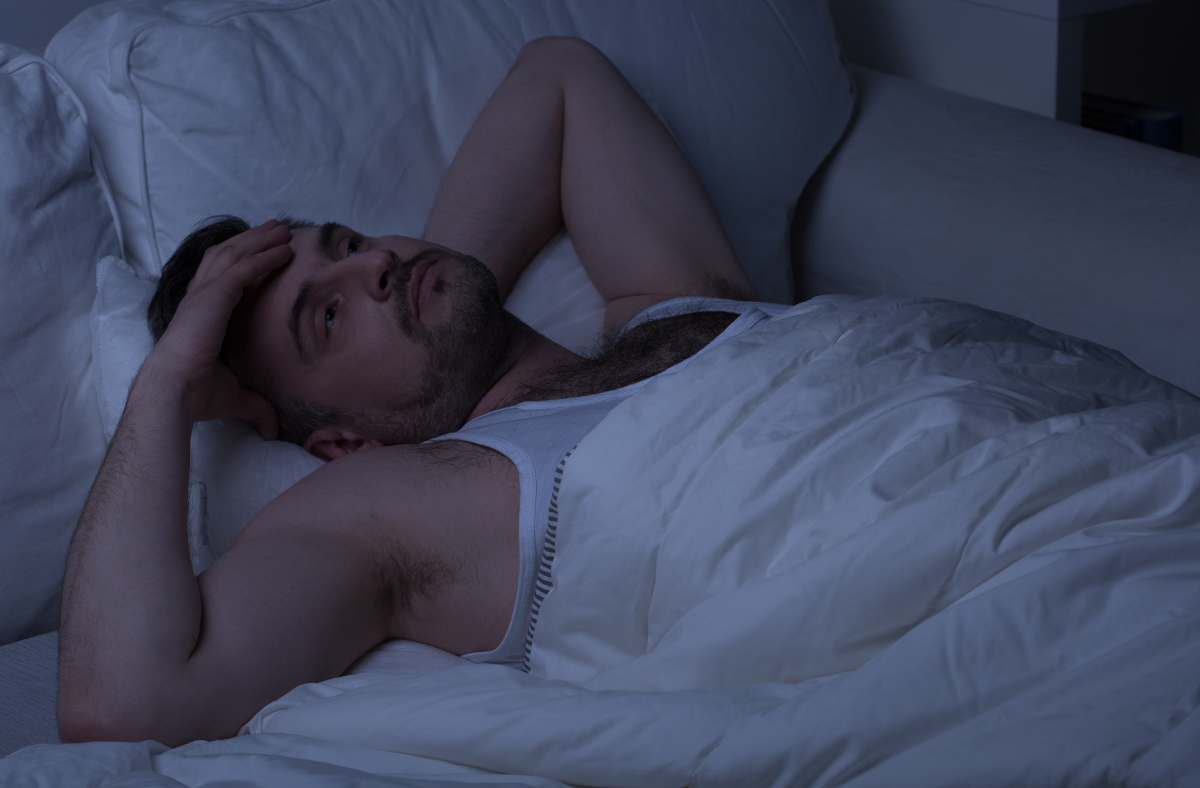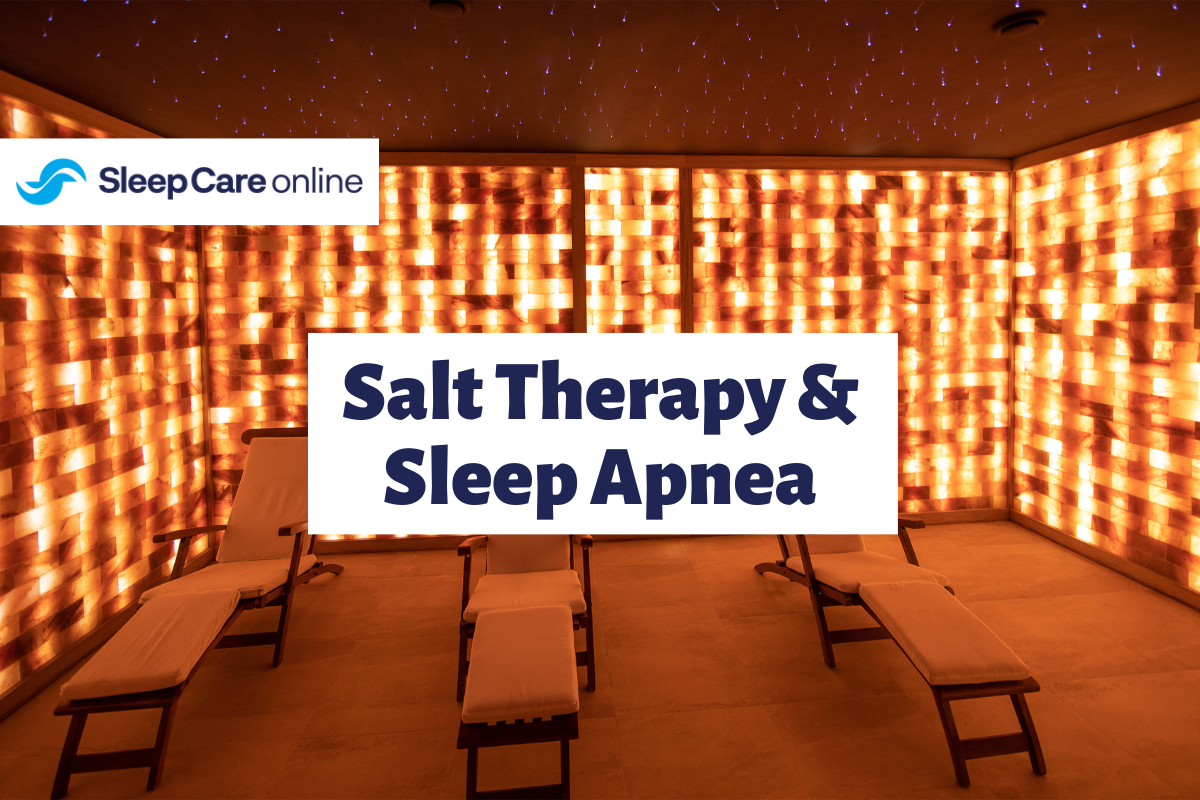Certain factors like stress or insomnia can affect a person’s quality and length of sleep, especially during REM sleep, which is the stage of sleep where a person is in the deepest sleep. This stage of the sleep cycle is associated with dreaming, memory consolidation, body movement, and more. Although lifestyle factors can cause disruptions in this sleep stage, so too can sleep apnea.
What is REM Sleep?
REM or rapid eye movement sleep is a stage of sleep associated with dreaming and memory consolidation. It is one of the deepest stages of sleep. During REM sleep, your eyes move rapidly behind your closed eyes, your heart rate speeds up, and your breathing becomes irregular. In contrast to other stages of sleep, in which your brain waves slow down, your brain is highly active during this stage, and your brain waves become more variable.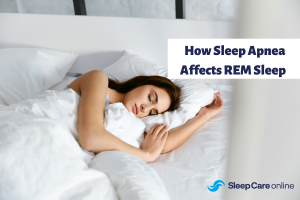
What is Obstructive Sleep Apnea (OSA)?
Obstructive sleep apnea is a common sleep disorder in which your breathing stops and restarts many times while you sleep. This can prevent your body from getting enough oxygen. The most common type of sleep apnea, obstructive sleep apnea, happens when the airway periodically closes during the night, which causes gasping for breath. Frequent episodes or “apneas” eventually lead to chronic sleep deprivation. Along with sleep loss, the condition, if left untreated, can lead to other mental and physical health issues.
What Happens During REM Sleep?
The following things happen while a person is in the final sleep stage:
- Your eyes move rapidly behind your closed eyes
- Your heart rate increases
- Your breathing becomes irregular
- Your brain is highly active, unlike other stages of sleep when your brain waves slow down
During this sleep stage, your body will act relatively the same as it does when you are awake, except that your eyes are closed and you experience a temporary loss of muscle tone.
REM Sleep vs. Non-REM Sleep
REM sleep stands out amongst other stages of sleep in the sleep cycle because of how different it is. In other stages of sleep, also called non-REM sleep, your brain waves are not as active, your breathing is slower, your heart rate is slower, and you have some muscle tone. In non-REM sleep, a person also has the ability to be woken up more easily.
When Does REM Sleep Occur During The Night?
REM sleep is the last stage of the cycle, following Stages 1-3. Each stage before REM leads to progressively deeper sleep.
How Does Sleep Apnea Affect REM Sleep?
Sleep apnea can interrupt and even prevent the REM sleep stage. The frequent closing of the airway causes frequent awakenings throughout the night so that the body never fully slips into the REM stage of sleep. This can cause sleep deprivation, which can leave you with a foggy brain in the morning as your body never fully consolidates the memory during the night. Prolonged sleep deprivation can cause sleep debt in which your body gets fewer hours of sleep than it needs.
Treatments For Sleep Apnea and REM Sleep Disorders
The best treatment for obstructive sleep apnea continues to be PAP therapy. Using a CPAP machine patients receive a steady flow of pressurized air through a mask to help keep the airway open while they sleep. With no interruptions to breathing during the night due to the airway closing, the patient can achieve all stages of the sleep cycle properly. For REM sleep disorders specifically, your doctor may also recommend medications if PAP therapy is not enough.
Key Takeaways
REM sleep is an essential part of a healthy sleep cycle. Disrupted by sleep disorders, the loss of this important sleep stage can leave you to sleep-deprived. REM sleep disorders and sleep apnea can prevent individuals from achieving this critical level of sleep, which can also cause long-term physical and mental health issues. Getting diagnosed with sleep apnea or other sleep disorders is the first step to getting the proper treatment so you can sleep better and healthier.

